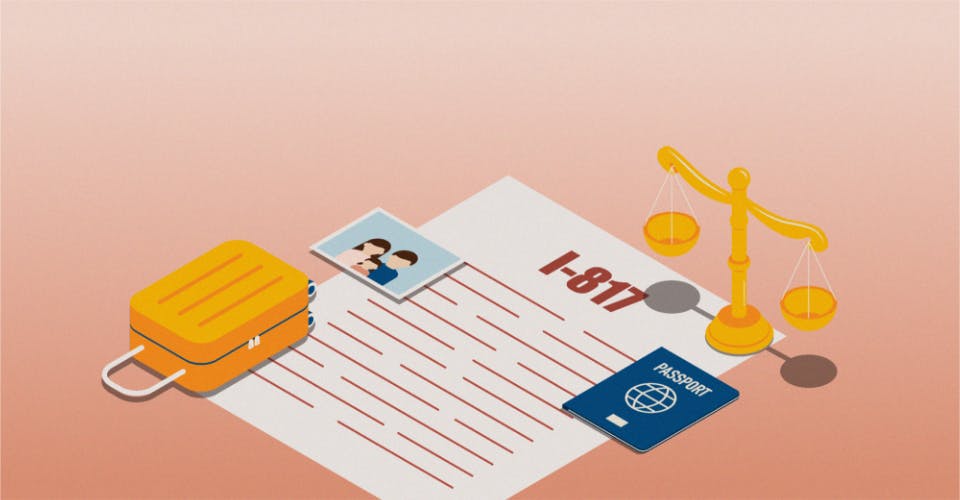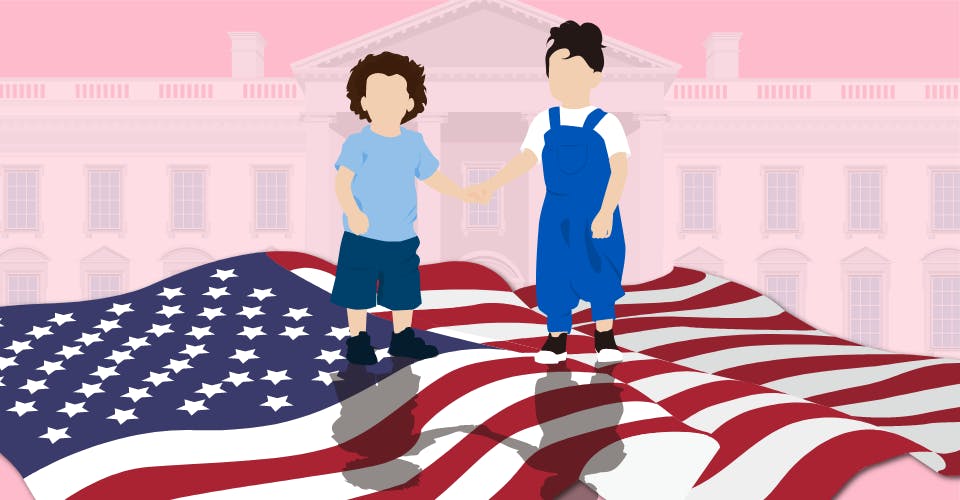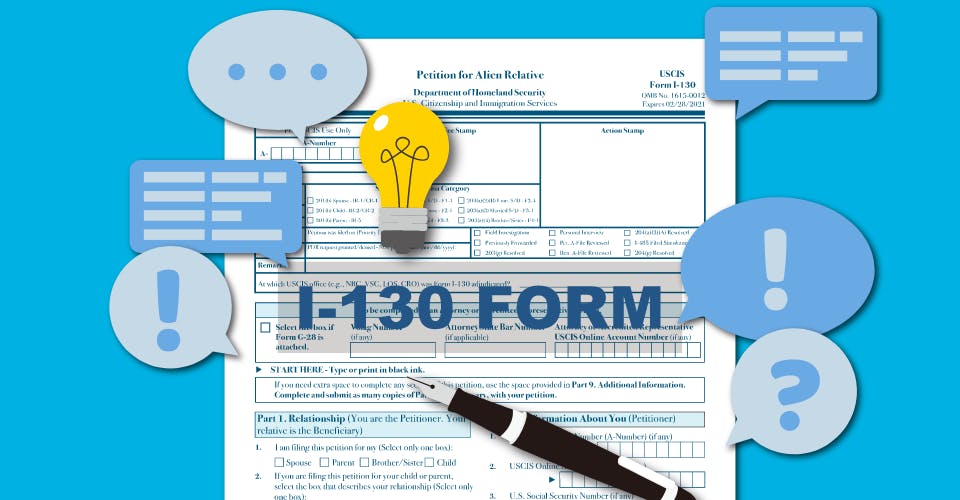The I-130 Form provided by the USCIS is essentially a petition on behalf of an immigrant to immigrate to the United States. The I-130 form can be filled out by the petitioner who has to be a close relative or marital partner of the immigrant in question. Close relative means the individual has a sibling that is over the age of 21 or is the parent of an unmarried child who is less than 21 years old.
While the I-130 Form is fairly straightforward in nature and is only a few pages in PDF version, mistakes on the I-130 form can be made fairly easily, leaving a loved one or family member essentially denied from being able to immigrate to the United States. In many cases, if a case is denied, an applicant can find a new petitioner or start the process all over again. Immigrants should be advised that starting over new forms with the USCIS can take a long time, as wait times have increased due to Covid-19. It’s important to have the right information the first time, so applicants can move along in their process of filing other forms, such as the eventual adjustment of status, I-485 Form.
Applicants should also be aware that having their I-130 Form accepted does not mean that the individual becomes a legal permanent resident, but rather that they have gotten one step closer to obtaining LPR status.
Here are some common mistakes when it comes to filling out the I-130 Petition, and what to avoid in the process of doing so:
1. Distant relative denial
If you can navigate to the USCIS page online, you will be able to locate all of the criteria that need to be satisfied in terms of familial relationships and what is accepted and what is not. As stated above, close relatives relate to immediate family members, whereas distant relatives, such as aunts, uncles, cousins, and grandparents, will be denied in the I-130 process. Here is the link for understanding more familial eligibility: https://www.uscis.gov/sites/default/files/document/guides/A1en.pdf
2. Filing a Separate Petition
In the case of wanting to petition on behalf of your wife’s children—who may be either your natural born children, your stepchild, or an adopted child, you must file a separate petition for each child that is looking to immigrate to the United States. In such a circumstance, the individual petitioner must also include a copy of the receipt notice for the original petition (on behalf of the spouse). Many times a petitioner will not include such a receipt and it will become unclear whose child is being filed for.
3. Missing Documentation
If you are petitioning on behalf of your spouse you do not need their birth certificate necessarily. A marriage certificate will suffice. However for unmarried children or a parent, you will need their birth certificate identifying familial ties and the same last name. For spousal petitioners, you will also need to fill out an additional form called the I-864. In order to sign the affidavit, the petitioner must be at least 18 years old, hold a permanent U.S. residence as well as meet the financial income requirement (have a household income that is equal to, or higher than, 125 percent of the U.S. poverty level).
In addition, there is a $535 dollar fee for filing the I-130 Form. Although most applicants remember to pay this fee, it is important to know that you can only send a money order or check with your document.














